President meets Ramaphosa . . . ‘Share successes, challenges in respective sister countries’
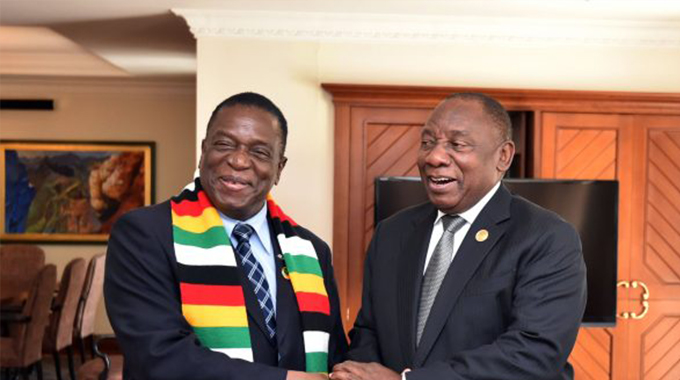
Darlington Musarurwa, in Dar es Salaam, Tanzania
South African President Cyril Ramaphosa paid a courtesy call on President Emmerson Mnangagwa here yesterday, during which the two leaders had a wide-ranging tete-a-tete to share “successes and challenges in our respective countries”.
President Mnangagwa, who has just assumed the chairmanship of the Sadc Organ on Politics, Defence and Security Cooperation, told local media on the sidelines of the 39th Ordinary Summit of the Heads of State of regional leaders that the neighbouring sister republics share similar experiences.
“It is an opportunity for us as brothers . . . just to share our successes and challenges in our respective countries, and we had a very useful discussion covering both economic issues in Zimbabwe, political issues in Zimbabwe, political reforms, electoral reforms, economic reforms on our side. And he was also briefing me about similar challenges they are facing in South Africa,” he said.
The two leaders are likely to work closely together, especially with Zimbabwe’s assumption of the Organ Troika, as President Ramaphosa is presently the Sadc facilitator of the national reform process in Lesotho.
In July this year, he oversaw the signing of an agreement by political parties in Lesotho to establish a statutory National Legislative Reform Authority that is envisaged to guide the country in effecting constitutional governance, security and media reforms.
President Mnangagwa said yesterday part of his immediate task as Organ Troika chair is to monitor the situation in countries such as Lesotho, Malawi and the Great Lakes Region.
“Well, yes, the chairmanship of the Organ rotates on a yearly basis; this time around it is Zimbabwe, and I took over from President Dr (Edgar) Lungu of Zambia . . .
“Currently, the issue that is of concern relates to Malawi. There are issues happening in Malawi, and of course the Lesotho issue is continuing,” said the President.
“But then we decided that as I inherit or take over the chair, we must also look at the situation affecting Sadc, but in regards to the Great Lakes Region. There are issues now between the DRC, Rwanda, Burundi and Uganda.
President Joao Lourenco of Angola met the Great Lakes leadership on the issue of the DRC and I have been advised that as I take over, it is also necessary for me to pursue that initiative where we need to have a conversation with the Great Lakes leaders on the issue of the eastern DRC — that we will do.
“Then we will continue to monitor the issue in Malawi and the issue in Lesotho. We were happy that Mozambique so far reconciled with Renamo. It is a great achievement that has happened, so those are the issues,” he added.
There have been simmering tensions in Malawi after the recent elections in May.
Malawi Congress Party, which is led by Mr Lazarus Chakwera and United Transformation Movement leader Mr Saulos Chilima – President Peter Mutharika’s former deputy – are challenging the poll outcome, which announced the Democratic Progressive Party as the winner.
The court challenge is still pending. President Mutharika skipped the just-ended 39th Ordinary Summit of the Sadc Heads of State and Government and sent his Vice President, Everton Chimulirenji, to represent him.
Sadc countries are also concerned about cases of extremism and terrorism, particularly in the Beni area of the DRC.
“Summit noted the acts of extremism and terrorism in the DRC, specifically in Beni area and agreed to continue collaborating with the International Conference of the Great Lakes Region (ICGLR) and consolidate efforts on the political and security stabilisation of the Great Lakes Region,” said the bloc in its communiqué yesterday.
ICGLR is a 12-member inter-governmental organisation that is made up of countries in the Great Lakes Region, and was established to guarantee peace and stability in the region.
Sadc also tasked President Mnangagwa with responsibility to engage the AU on the support needed to finish construction of a regional logistics depot for the Sadc Standby Force in Botswana.
The summit, which is the bloc’s highest decision-making body, also urged member states to continue promoting gender equality in line with Article 5 of the Sadc Protocol on Gender and Development on Special Measures.
But member states also raised concern over food insecurity, low levels of intra-regional trade and the continued export of unprocessed raw materials from the region.
Countries, therefore, accordingly approved the Protocol on Industry, which is designed to promote a “diversified, innovative and globally competitive industrial base”.
In his new role as Organ Troika chair over the next 12 months, President Mnangagwa will be deputised by Botswana President Mokgweetsi Masisi.

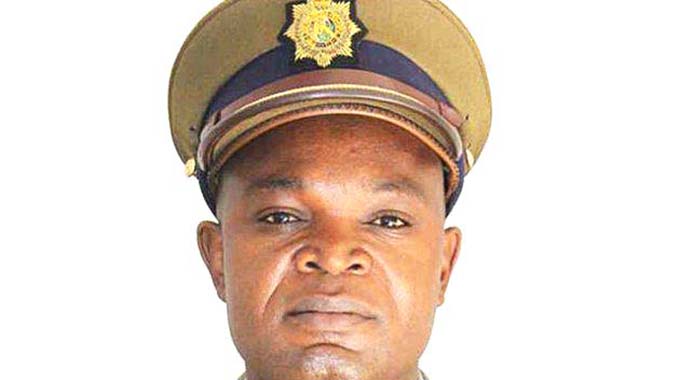
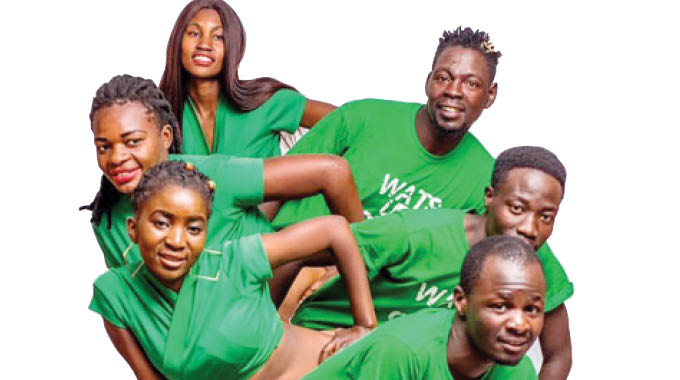
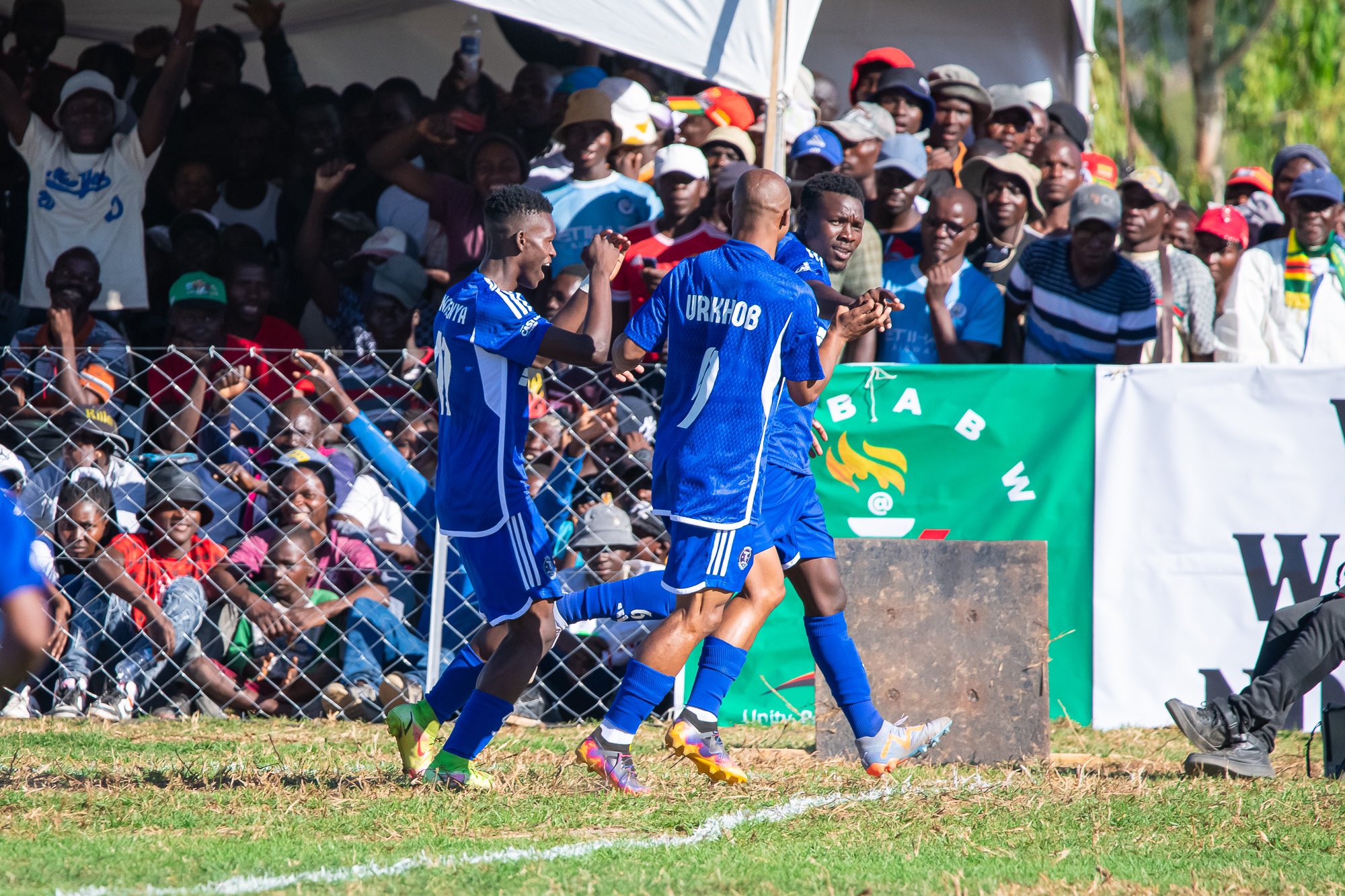

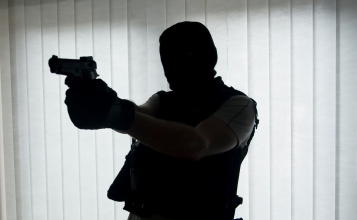





Comments